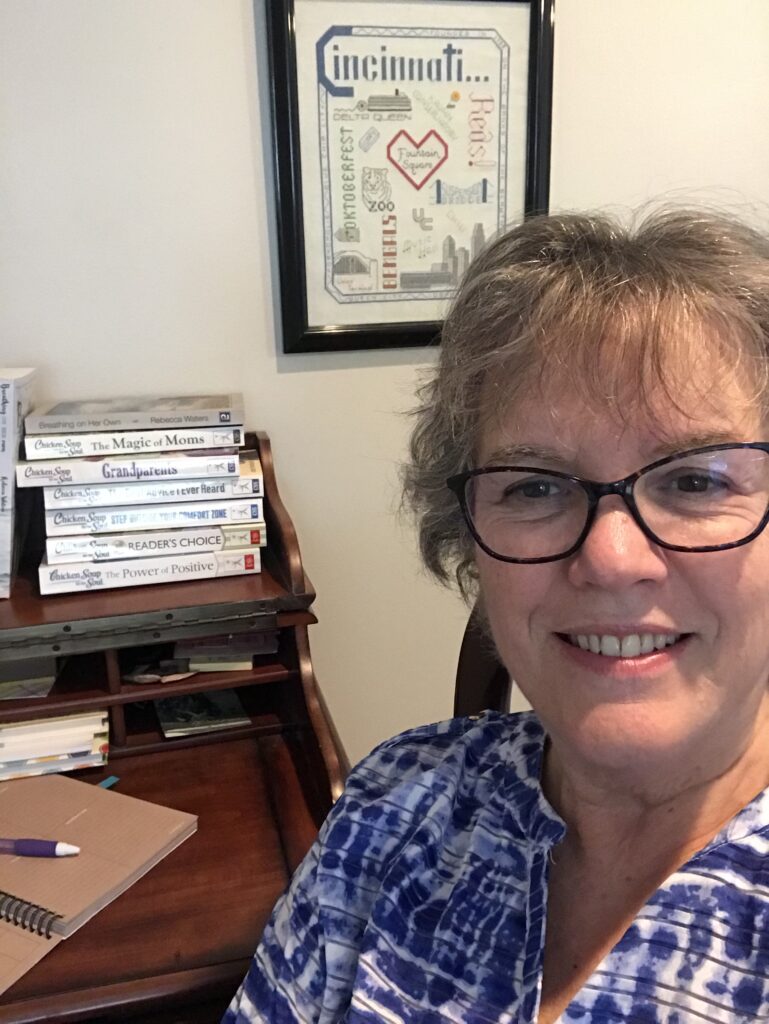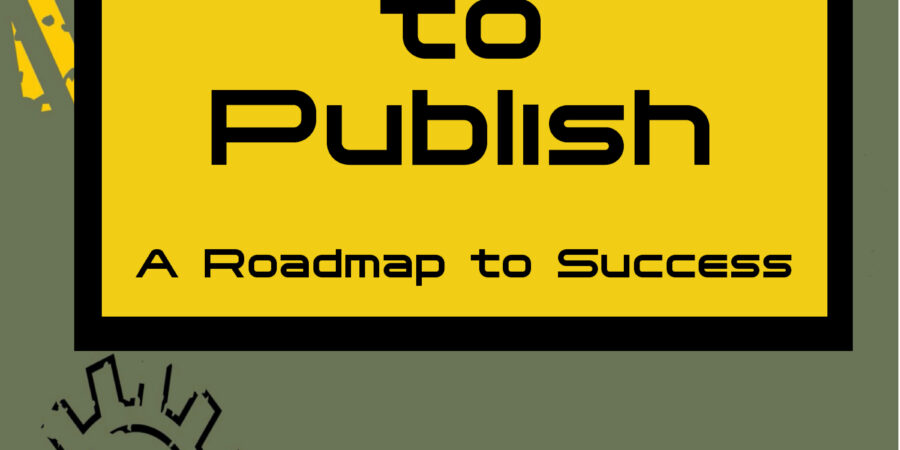by Guest Blogger Rebecca Waters
The words “business plan” may sound a bit daunting to the independent author. We often associate the word business with a roaring corporation or at least a bustling office. As indie writers we are the president, secretary and treasurer of the board. We are the marketing department and tech gurus of our own cottage industry. We design our product, craft it, refine it, manufacture it, and sell it.
We need a viable business plan to make everything work. Without it, we are hobbyist at best and merely dreamers at worst. Without a plan we spin our wheels, talk at dinner parties about the book we hope to write, and accumulate stacks of paper with great ideas scribbled on them.
I know. I’ve been there.
When I became serious about my writing, I researched the publishing industry to see what I needed to do to finally make my dream a reality. The first work I produced as a result of my research was a rather clumsy attempt at a business plan. But it worked. In this post I want to share the ABC’s of a basic plan and how they can advance your writing.
A is for Accountability.
We toss the word around in various arenas. Everyone is accountable to someone, somewhere. Or so it seems. We are all accountable to God for what we say and do, but in talking about doing our work (and writing is work) we are both the boss and the worker bee. Your business plan will have specific goals and objectives. When I say specific, that includes a time for completion. Our language changes from “I hope to finish my first book this year” to “By August I will have my first draft written.”
B is for Budget.
A good business plan addresses all costs. We allot a specific amount of money to make this book happen. A good budget in our plan allows us to determine if purchasing that thirty-dollar book on freelance writing is where we need to spend our funds. We may see if the text is available at the library first. A good budget includes money we need for everything from pens to conferences (which by the way is a good place to pick up free pens).
C is for Conferences.
Every business plan should have a plan to attend an in-person or online conference. Conferences allow you study your craft intently as well as connect with other writers. Learning your writing craft through classes and talking with other writers will give you insight into what works and what doesn’t. You will learn about new technology and products available to you at conferences. You can meet up with other writers to problem solve plot points or character issues. You will exchange contact info with like-minded authors and continue to reap the benefits of engaging with them beyond the conference dates.
Of course a business plan is so much more, but if you address and implement these basic elements, you will double your writing effort over the next three months.
ღ(¯`v´¯)ღ About Rebecca Waters ღ(¯`v´¯)ღ¸

Rebecca Waters is an author, writing coach, speaker, and teacher. Her latest release, Writing to Publish, includes sections on developing good habits for success in writing, how to design a business plan for your writing, and marketing tools to create and/or implement even before your first book is released. Rebecca is the author of Breathing on Her Own and Libby’s Cuppa Joe. Her novella, Courtesy Turn, appeared in the anthology, From the Lake to the River. Rebecca has also published several stories in the popular Chicken Soup for the Soulbooks.
Contact Rebecca at
rebecca@waterswords.com
or visit
www.WatersWords.com.
Views: 71

I jumped into self-publishing without any knowledge of the business side of writing. I have been learning as I
go, starting with keep all my receipts, royalty statements and tax forms in an organized manner. I spoke with a friend who ran his own successful business for years. Now I understand a little more about limiting expenditures on advertising.